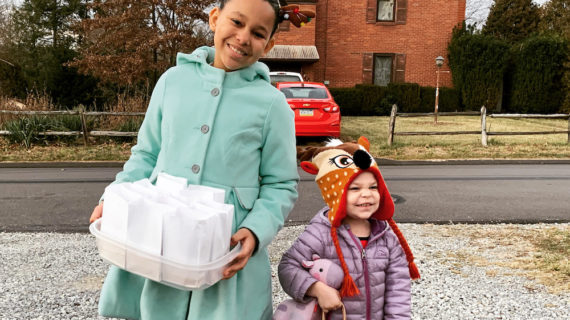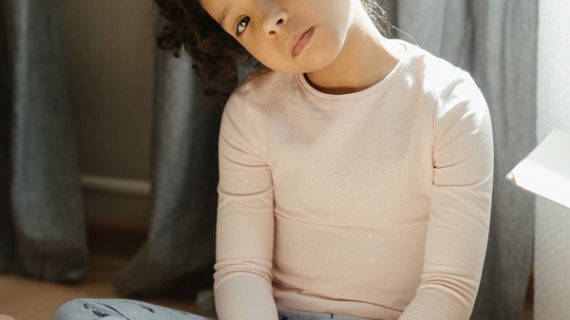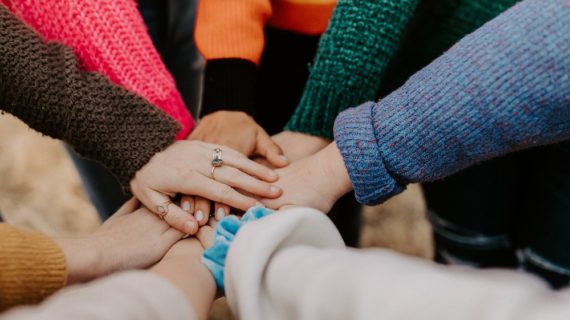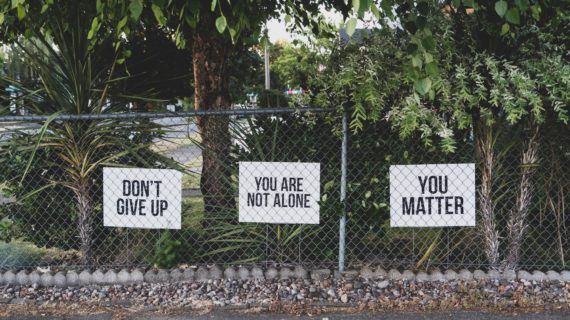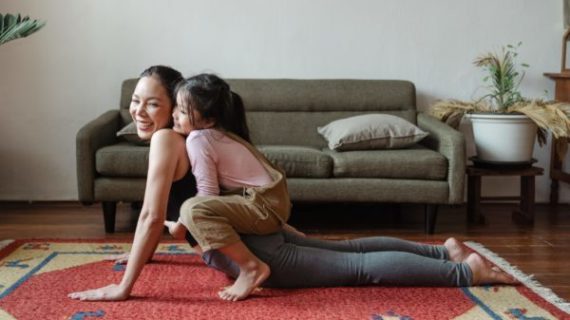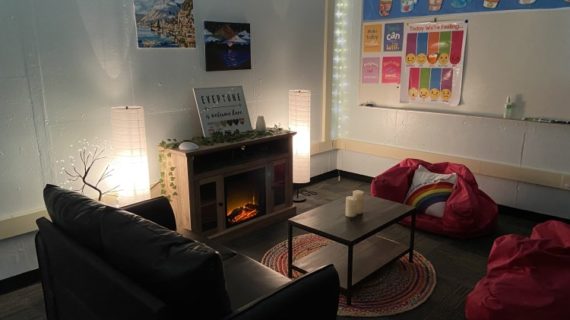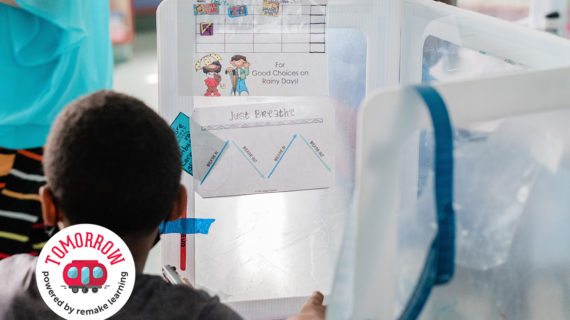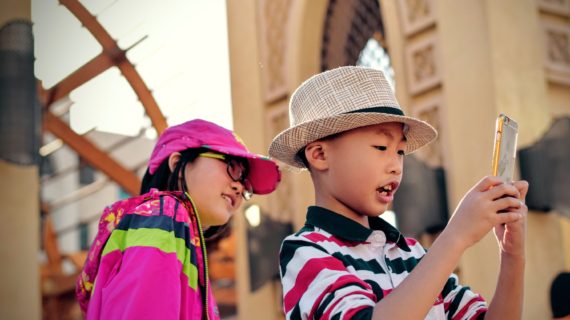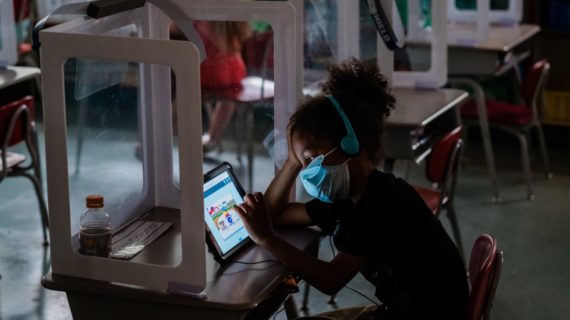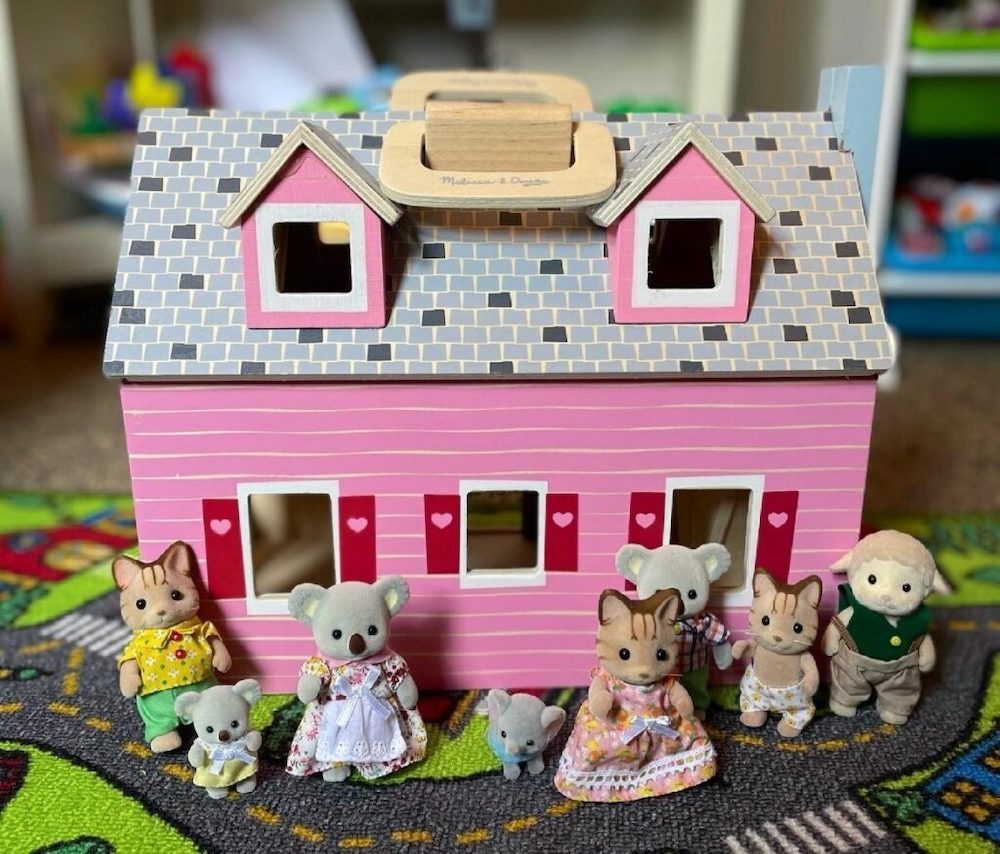
A local play therapist’s must-have toys for helping kids express emotions
Story on helping kids express emotions and all photos by Erika Gilmore, M.S.Ed, LPC at the Counseling and Wellness Center of Pittsburgh. Erika specializes in Child Therapy and Play Therapy.
Every single person in this world wants to feel heard and to be validated. However, children do not always have the words they need to express themselves due to their developmental level. Children will then find other means to express themselves. This often becomes frustrating for the adults in their lives because this behavior may be viewed as aggression, shutting down, or other dysregulated emotions that can cause stress at school, at home and in the community.
When given the tool they need, children can show those around them the root of these big emotions and sometimes even bigger externalization. Through toys, children can process through their experiences, relationship dynamics, fears, hopes, and so much more when given the safe space to do so.
Some of my favorite toys (though my playroom is constantly growing based on the needs of each individual client!) are as follows:
A playhouse with calico critters (see photo above) is great to have in a therapeutic playroom. These non-specific toys allow children to play out what is going on at home and interactions with their family without the confines of dolls that may not look like the person they are wanting to represent. The animals are perfect for blended families and allow the children to create what matches how they view everyone.
Emergency vehicles allow children to explore scary things they have lived through or witnessed such as a fire, birth family removal, family member arrest, hospitalization, etc. Ambulances are specifically important with the pandemic as many children are in need of a space to explore their ideas and fears around illness.
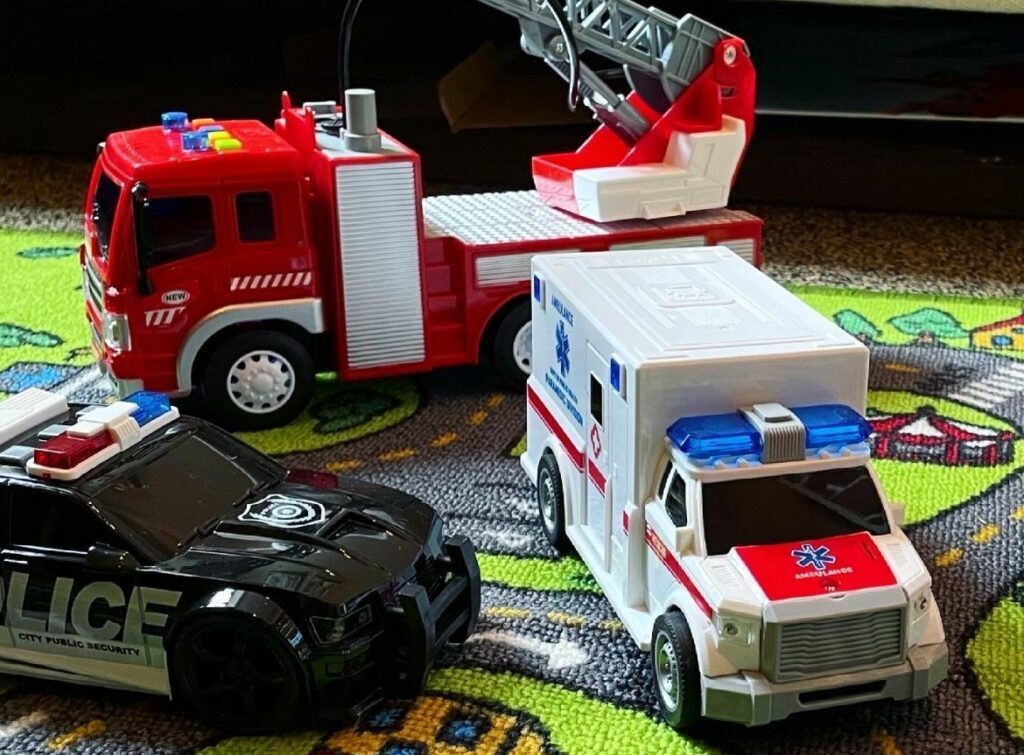
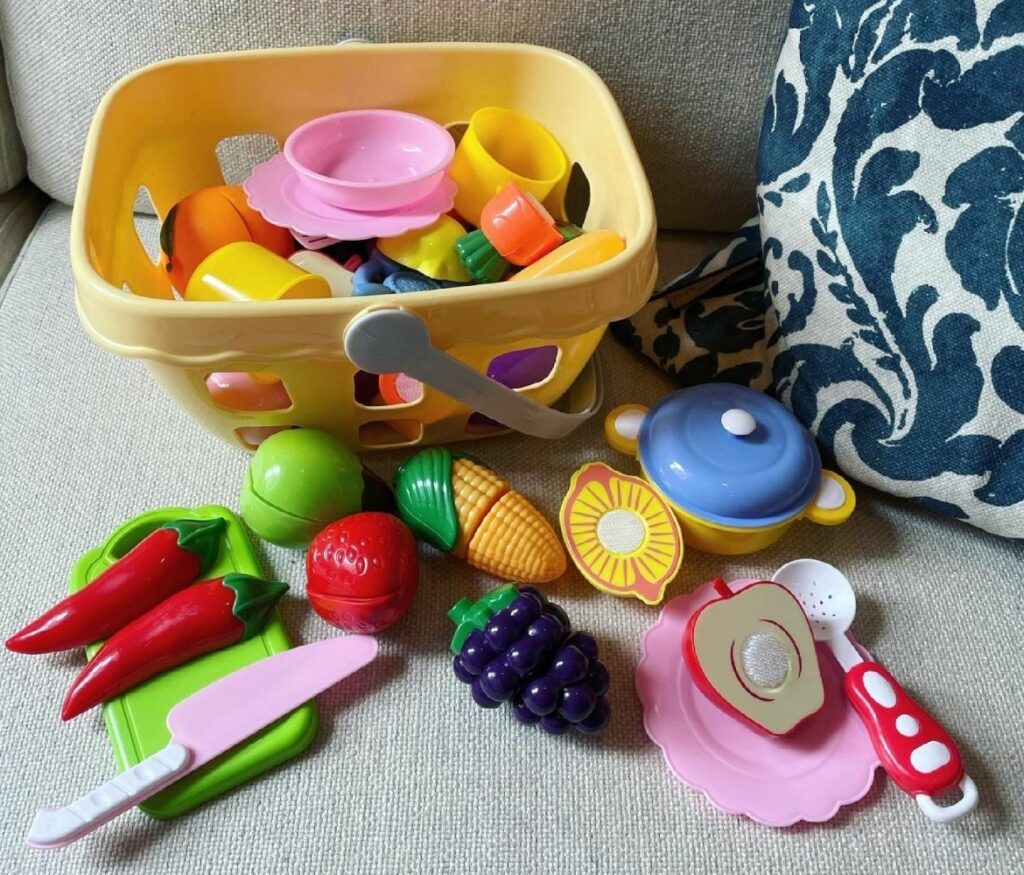
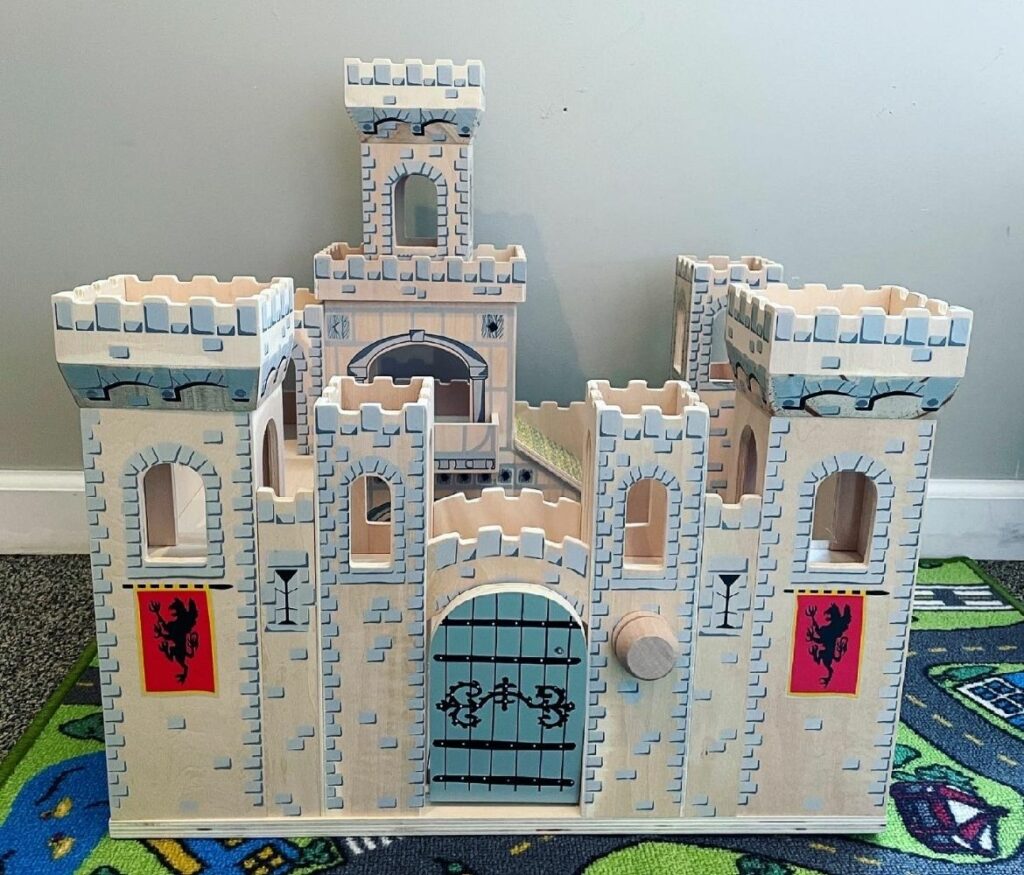
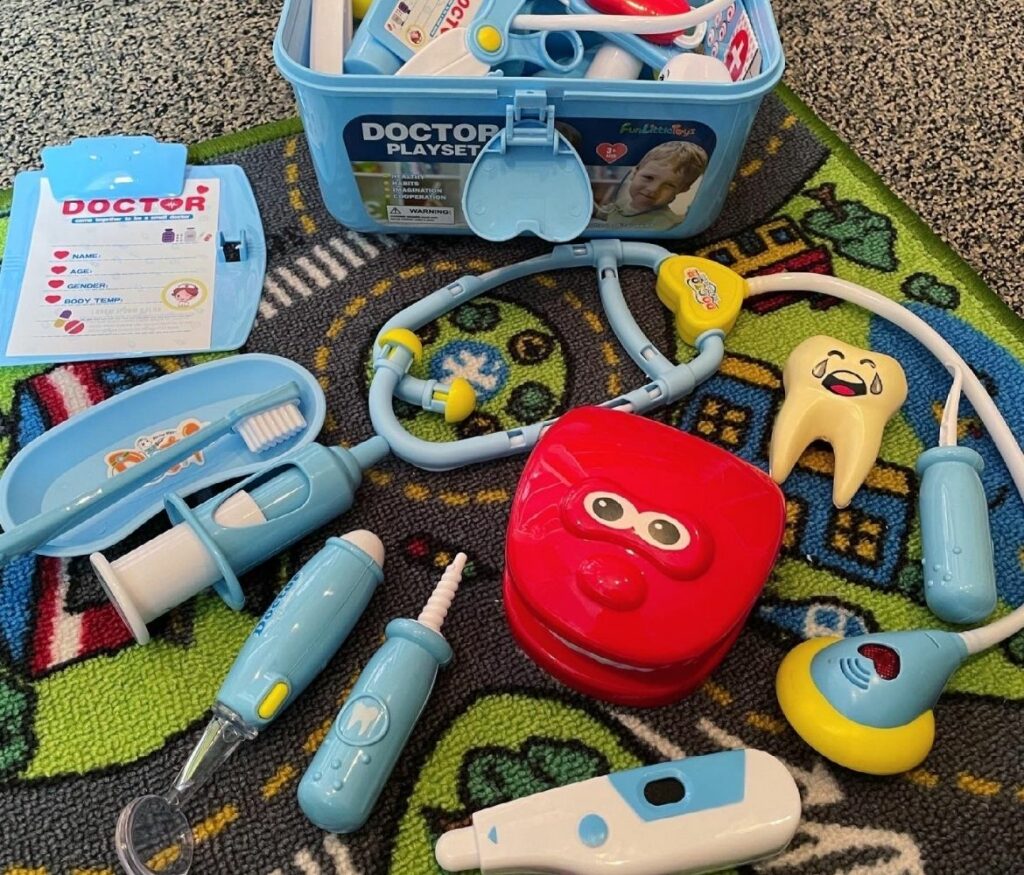
For more information about helping kids express emotions and share their feelings, explore Kidsburgh’s mental health resources.
